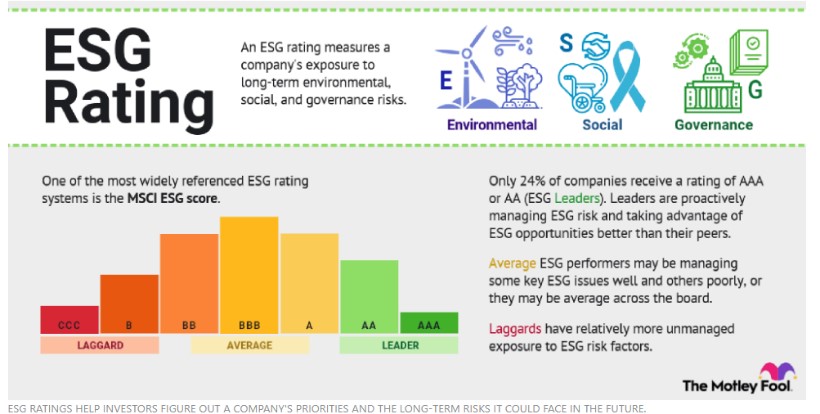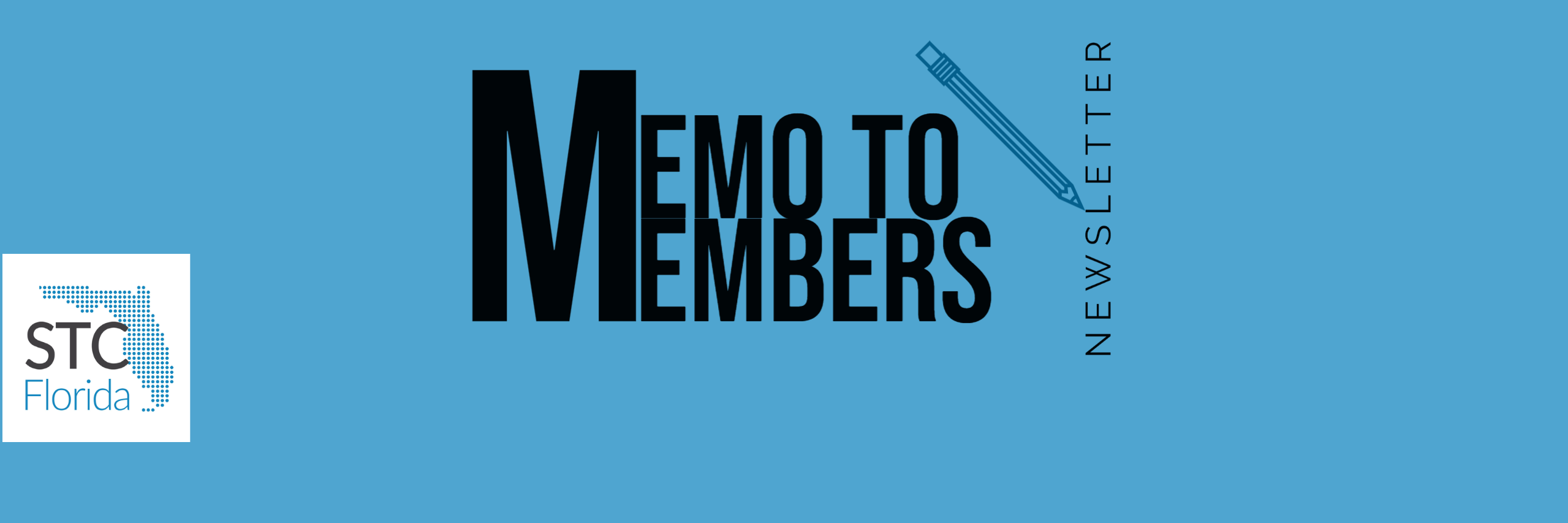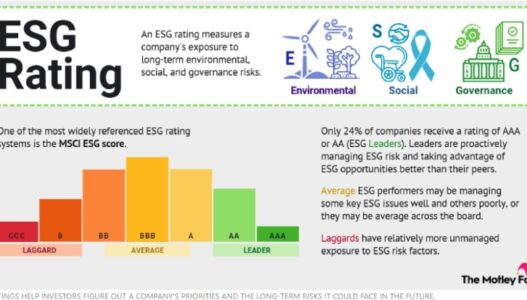By Joana Donovan
Technical communicators are detail-oriented, informative writing researchers. Our responsibilities go beyond manual development and content management. Our field is unique because we have the flexibility to interact with many industries conveying important processes and messages to multiple discourse groups. As a result, we have the unique opportunity to make a difference in the world through writing. Let’s explore how we can communicate to all industries about one of the fastest-growing initiatives that strive to improve corporate diversity, inclusion, gender equality, and environmental challenges: ESG.
History of ESG
What is ESG? This acronym may be unfamiliar; it stands for Environmental, Social, and Governance. Globally, corporations are changing their policies and practices in their approach to diversity, inclusion, and environmental sustainability from the top down. As a result, ESG plays a substantial role in corporate decision-making but links to the positive performance and profit potential of a firm.
“ESG issues were first mentioned in the 2006 United Nation’s Principles for Responsible Investment (PRI) report consisting of the Freshfield Report and “Who Cares Wins.” ESG criteria was, for the first time, required to be incorporated in the financial evaluations of companies” (Atkins). Financial firms led the way in incorporating ESG into their policies and practices to improve the diversity and inclusion of women and minorities while paying close attention to green environmental efforts.
ESG Participants and Ratings
According to Investors.com, some of the most popular companies with ESG initiatives are:
- Microsoft
- Salesforce.com
- Qualcomm
- Adobe
- Texas Instruments
- Oracle
- Sherwin Williams
The list above is a slice of the largest firms in the United States who consciously engage with their employees and purposefully become energy efficient. The list of corporations is extensive and continues to grow as the diversity, gender equality, and inclusion issues become increasingly public worldwide.
As companies and individuals look at strategic partnerships, there is a gauge or rating system on the ESG advancements of a company. So what is an ESG rating? “An ESG rating measures a company’s exposure to long-term environmental, social, and governance risks” (Brock). One of the most respected scoring firms is Morgan Stanley Capital International (MSCI), an investment research firm that offers market data on stock indexes, portfolio risk, and performance assessments. Investment managers glean information from MSCI to execute future corporate decisions for the firm and its clients. The chart below is from The Motley Fool illustrating MSCI’s ESG rating system, which leaders strive to achieve and firms strategically research:

The components of these scores are a combination of environmental changes, social improvements, and the governance behaviors of executives or board compositions. Each industry addresses its specific issue improvements, which supports the ratings. For example, critical environmental issues in the manufacturing industry will not be identical to the environmental issues in the financial industry. The weighing of enhancements for each industry will be different, making the scoring unique to that sector. It places each company, board of directors, management, and employee accountable for making the world and everything in it a better place.
Why is this important to Technical Communicators?
The answer is simple. We have a responsibility to connect with the world through writing. In an industry, technical communicators conduct extensive research to produce relevant topics and documentation, such as white papers, articles, books, and even website content. ESG is an important, passionate topic in the corporate world, augmenting the future of business relations, employee retention, and global environmental improvements. It is our job as writers to research and offer the most current content and data to every business level. These strategies are not for companies alone. Circulating the latest ESG improvements in the workplace inspires employees to carryout corporate initiatives because the change encourages staff morale, promotes innovation, and increases creativity. Enriching the workplace is the environment everyone desires and it drives better productivity and corporate successes.
ESG research and communication provides a wealth of education, but it is also a brilliant employment opportunity. For example, a typical ESG white paper can cost three to five thousand dollars each. In addition, companies post searchable ESG content showcasing their credibility and attracting successful business relationships with like-minded firms. Through detailed research, the creation of persuasive and compelling documentation can support successful corporate objectives and leadership, while elevating our credibility as researchers and writers by staying current with the latest ESG developments.
Empower yourselves by researching this valuable evolution. It is essential to explore other ways to fortify our platform. We can make a difference by educating ourselves and sharing knowledge with others. So let’s continue the conversation, support ESG efforts and organically change the narrative to improve diversity, inclusion, gender equality, and environmental efforts.
Works Cited
Atkins, Betsy. Demystifying ESG: Its History & Current Status. 8 June 2020. <https://www.forbes.com/sites/betsyatkins/2020/06/08/demystifying-esgits-history–current-status/?sh=363b45dd2cdd>.
Brock, Catherine. What is an ESG Rating? 4 March 2022. <https://www.fool.com/investing/stock-market/types-of-stocks/esg-investing/esg-rating/#:~:text=An%20ESG%20rating%20measures%20a,highlighted%20during%20traditional%20financial%20reviews.>.


Joanna, you are 2-for-2! Another informative and researched article with particular relevance to our field.